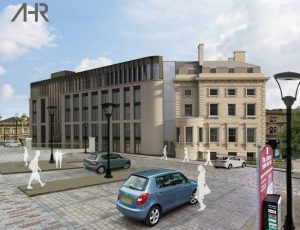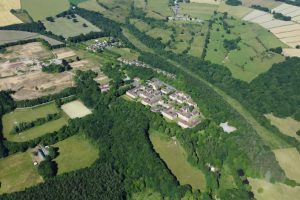Connecting northern cities key part of £15bn road investment announcement

THE Government has announced plans to invest £2.3bn in road transport schemes that will create 1,500 jobs across Yorkshire and the North East.
It is part of a £15bn road investment programme across England, which includes 84 schemes that were previously unannounced.
Two key parts of that programme are designed to drive forward the northern powerhouse, by completing the smart motorway along the entire length of the M62 from Manchester to Leeds, together with improvements to transpennine capacity from Manchester to Sheffield. The Government says this will create the first increase in transpennine capacity since 1971.
In total, £1.5bn will be used to add an extra lane onto key motorways to turn them into smart motorways, boosting connectivity between London, Birmingham, Manchester and Yorkshire.
In making the announcement, Transport Secretary Patrick McLoughlin said that “roads are key to our nation’s prosperity”.
He said: “Today I am setting out the biggest, boldest and most far-reaching roads programme for decades. It will dramatically improve our road network and unlock Britain’s economic potential.”
Other highlights of today’s announcement include the start of planning to upgrade the last non-motorway section of the A1 in Yorkshire, between Redhouse and Darrington, which is designed to reduce congestion on the M1 around Sheffield and Leeds. Further north, the A1 will benefit from £290m to upgrade the A1 from Morpeth to Ellingham, creating 34 miles of continuous ‘expressway’ dual carriage north of Newcastle.
There will also be a study into the feasibility of building a trans-Pennine tunnel to address the strategic gap between Sheffield and Manchester.
The road investment strategy, which has the twin aims of “keeping the population connected and the economy growing” also contains measures to spend £100m to improve cycling provision at 200 key locations across the network, create a £300m environmental fund to mitigate carbon emission and reduce the number of people affected by serious noise by 250,000, and invest £100m to unlock future growth and housing developments.








